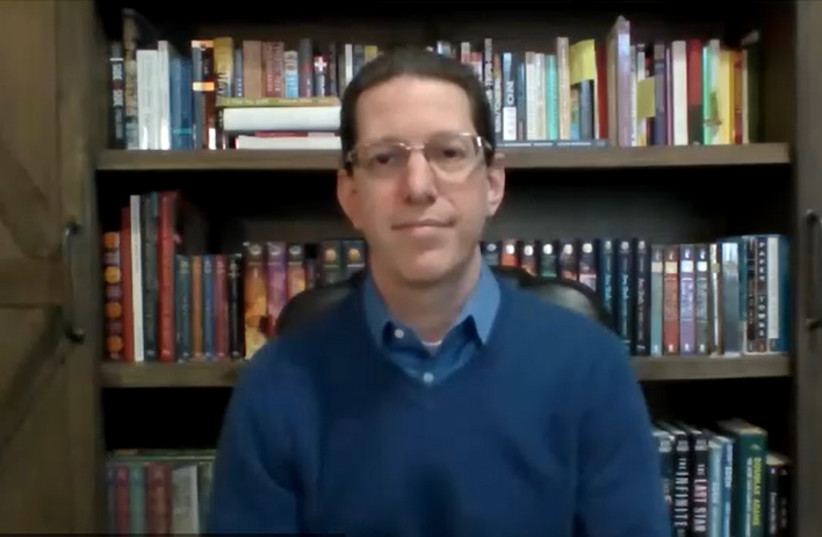WASHINGTON – The House Subcommittee on Counterterrorism, Emergency Preparedness and Communication met on Tuesday to discuss the Nonprofit Security Grant Program (NSGP) and protecting houses of worship. The hearing comes at the heel of last month’s antisemitic attack on Congregation Beth Israel in Colleyville, Texas.
Since the attack, numerous Jewish organizations have urged Congress to double the NSGP budget. The program allows houses of worship and other nonprofits at risk to apply for grants of up to $100,000 each. The money can be used for security measures such as fences, cameras, stronger doors and personnel hiring. The project’s current budget is $180 million annually. Jewish organizations have been lobbying Congress to increase it to $360m.
The hearing featured community leaders including Jewish Federations of North America CEO Eric Fingerhut and Chabad of South Orlando Rabbi Yosef Konikov.
Rabbi Charlie Cytron-Walker, who was one of four people taken hostage at the congregation last month, was the first witness at Tuesday’s hearing.
“I am devastated about what brings me before you today,” he said. “It’s horrific that my congregants and I were held hostage in our sacred home. It feels so wrong to have those words come out of my mouth. We spent over 10 hours with a terrorist pointing a gun at us in our sanctuary. We were concerned for ourselves and for one another. We were terrified.”

He noted that as the Colleyville attack, and other antisemitic attack have shown, tragedy and trauma can happen.
“We can’t ignore that reality,” Cytron-Walker said. “We have to confront it. That means we all have to be prepared. Preparation does not mean we expect calamity or live in fear of disaster. Preparation means that we will have the resources and policies and training to reduce the chances of a tragic event and increase the chances of surviving the worst.
“This is why my emotions are mixed this morning,” he continued. “I am truly horrified that in our society today, religious leaders must devote themselves to security training. How to ‘harden’ our facilities is both a necessary conversation and anathema to religious ideals of hospitality and loving the stranger. And yet I am also grateful. I am grateful to be here. To be honest, I’m grateful to be anywhere.”
Fingerhut said the significance of the armed standoff at Congregation Beth Israel reverberated throughout every Jewish community across the country.
“While attacks on faith institutions are not only the experience of the Jewish community, it is nevertheless the case that since the attacks on the Tree of Life synagogue building in September 2018, we have experienced the most intense period of violent attacks on Jews in the history of this country – from Pittsburgh to Poway to Monsey to Jersey City to Denver to Boston to Brooklyn and now to Colleyville. This is a crisis moment for our community,” Fingerhut said.
“We must fight antisemitism in all its forms, wherever it appears,” he continued. “But we must also urgently build the security infrastructure that will prevent those who plan violent attacks from succeeding.”
Michael Masters, CEO of the Secure Community Network said that while the US remains one of the safest places in the world for the Jewish community, “We must make no mistake: America’s Jewish community is under attack.
“The NSGP grants that you vote to fund provide bulletproof doors, shatterproof glass, secure entry systems, panic buttons and so much more,” he added. “All of this means that more Americans – of all faiths – can worship and gather in peace,” said Masters. “We need to expand these efforts and opportunities.”
